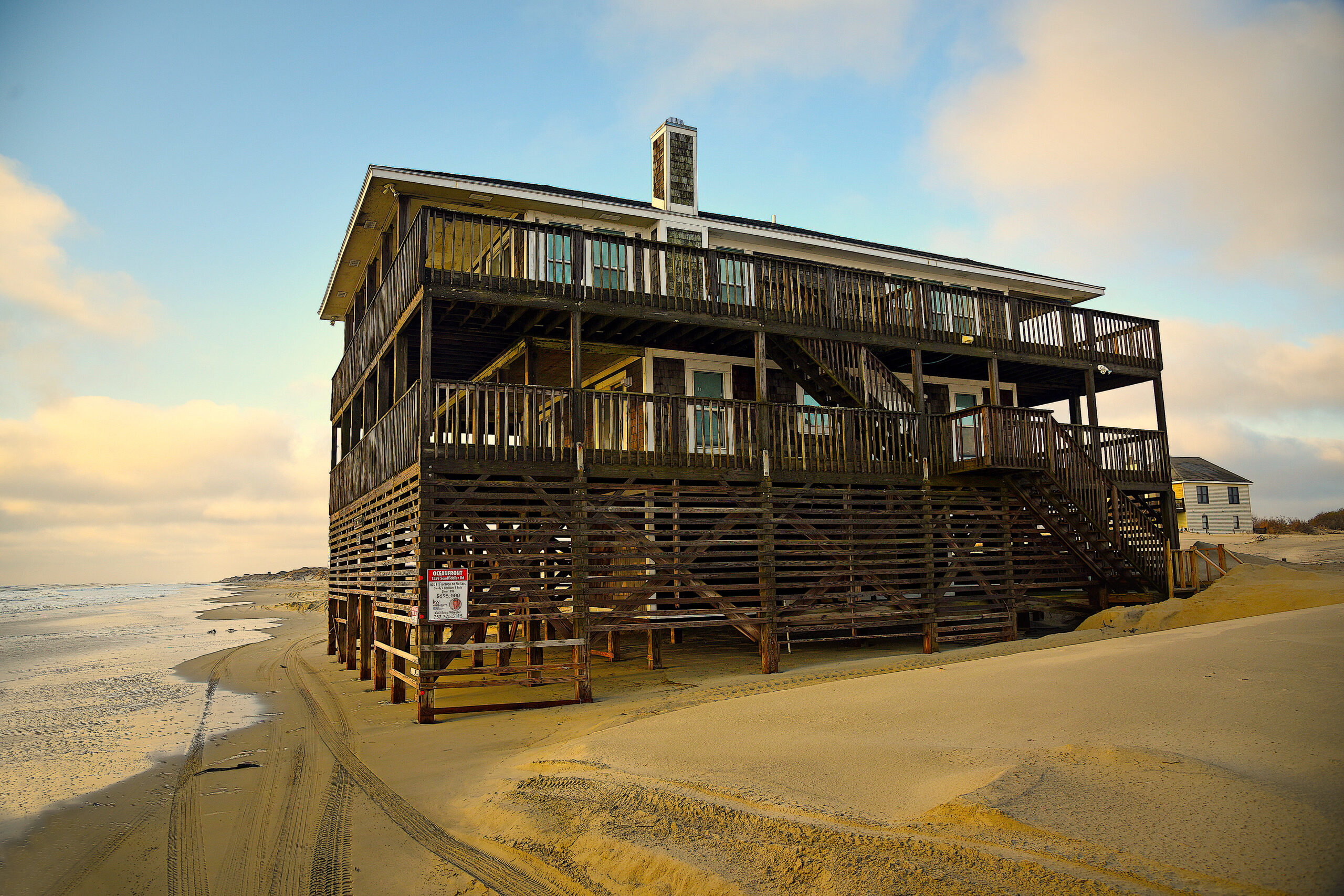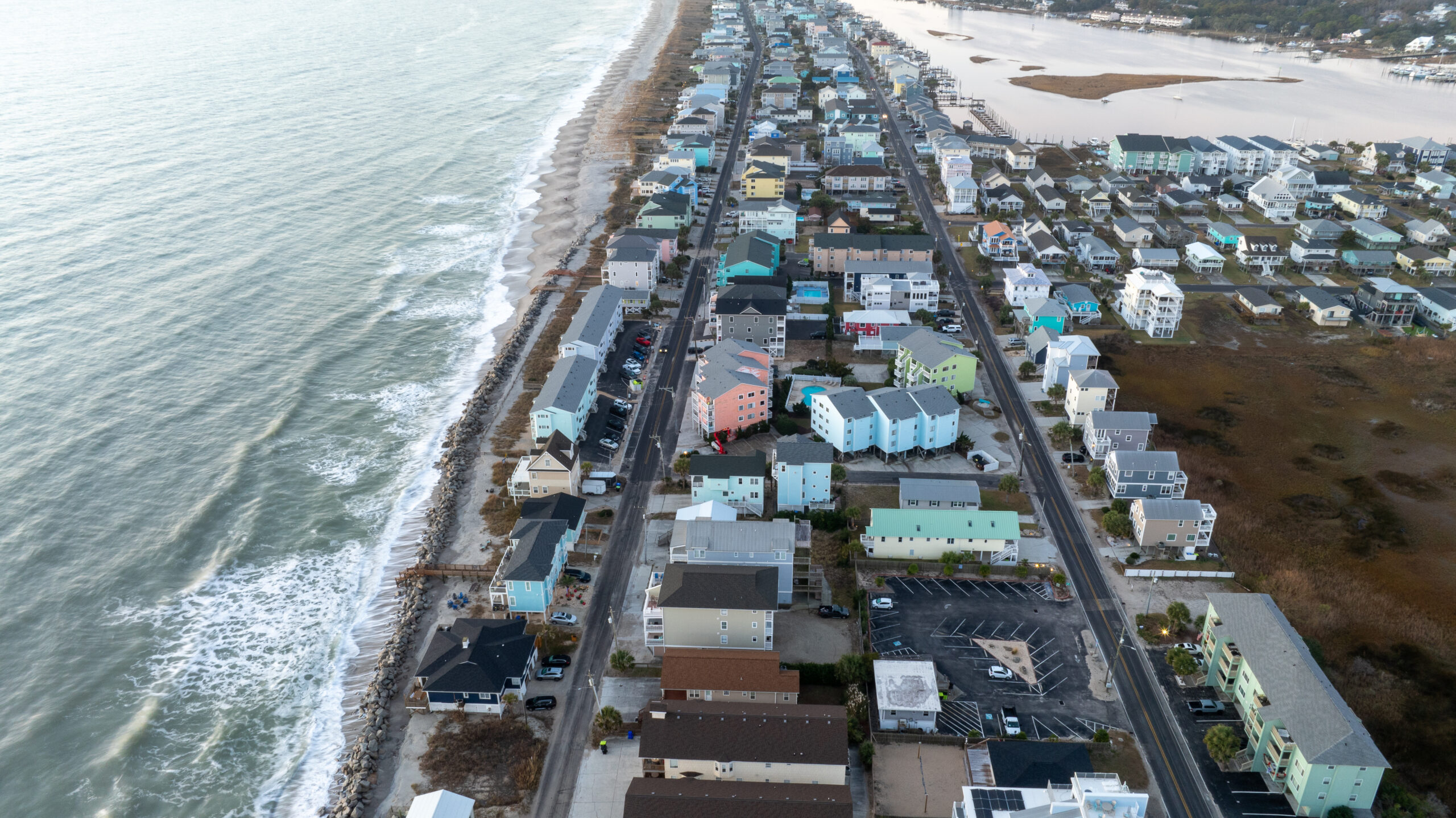“Tipping Points” Webinar Addresses the Impacts of Rising Seas on Wastewater
Jane Harrison, North Carolina Sea Grant’s coastal economics specialist, will facilitate a conversation among experts on Wednesday, November 29, at 11:00 a.m. Eastern time.

Credit: NC State Photos.
Contact: Jane Harrison, jane_harrison@ncsu.edu
The Carolinas Collaborative on Climate, Health, and Equity will host a free webinar on climate change trends, focusing on the impacts of sea level rise on septic systems and water quality. Jane Harrison, North Carolina Sea Grant’s coastal economics specialist, will facilitate a conversation among experts on Wednesday, November 29, at 11:00 a.m. Eastern time.
Panelists will explore the findings of last year’s “Climate Change and Onsite Wastewater Treatment Systems in the Coastal Carolinas,” a report from Harrison and her colleagues that includes recommendations for households, municipalities, and state governments.
“I’m excited that we’ll hear from the Town of Nags Head, a local government partner on the frontlines of climate change adaptation on coastal North Carolina,” says Harrison. “We’ll also hear from researchers and groups like the South Carolina Environmental Law Project, which is advancing science-based regulations.”
Harrison says wastewater infrastructure is designed to provide safe, efficient treatment of sewage.
“Ideally, wastewater treatment protects human health and the environment,” she explains. “However, climate change increasingly threatens the effectiveness of this infrastructure, particularly in coastal communities.”
The hour-long webinar, “Infrastructure Tipping Points: Climate Adaptation for Onsite Wastewater Systems in the Coastal Carolinas,” is part of a climate, health, and equity series for environmental researchers and managers, community leaders, and the general public.
The monthly webinar series launched in September, sharing recent research and its applications, and providing climate information and adaptation strategies. Previous webinars covered place-based culture, as well as environmental justice and heritage. Recordings are available here.
Housed at the North Carolina State Climate Office at NC State University, the Carolinas Collaborative on Climate, Health, and Equity includes physical and social scientists, community leaders, researchers, outreach professionals, and students from 11 institutions across North and South Carolina. Together, the team builds community partnerships to advance climate resilience and health equity in the Carolinas.
Read more and register for the November 29 webinar here. Check for updates on the Events calendar at ncseagrant.org.
- Categories:


